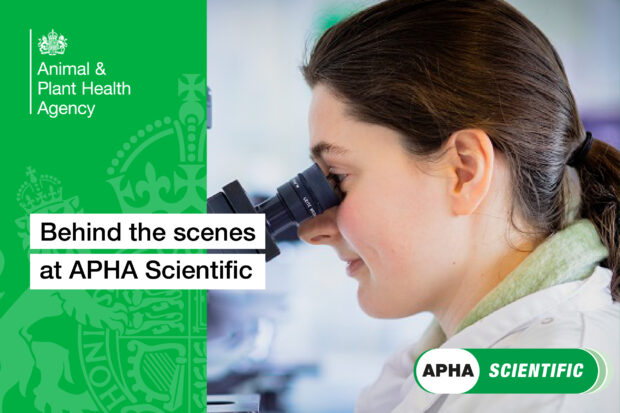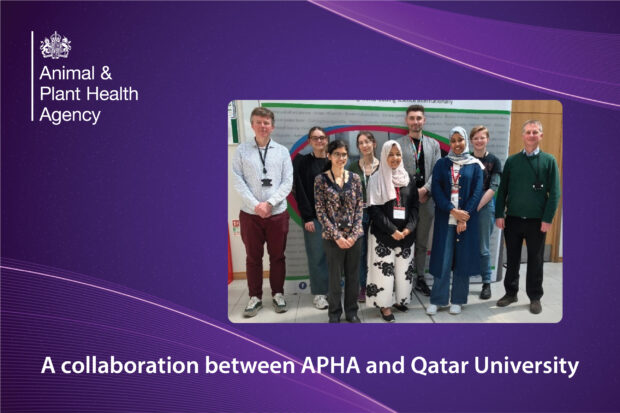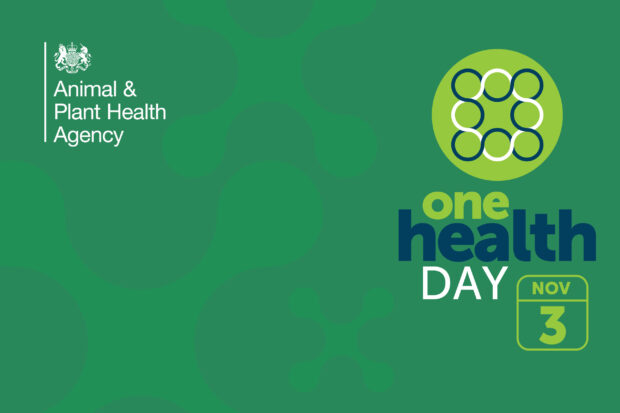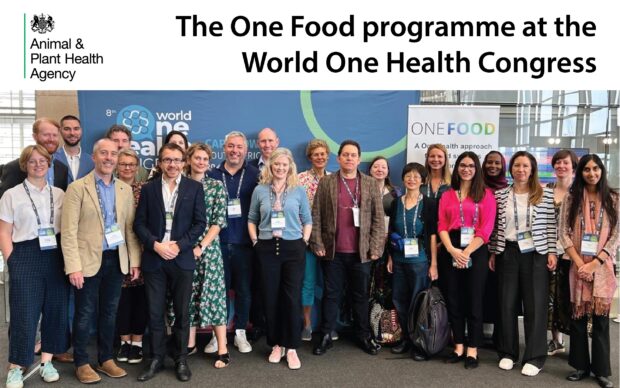Behind the scenes at APHA Scientific
Behind the scenes at APHA Scientific
APHA Scientific brings vital UK science to the world, supporting animal and plant health through diagnostics, reagents, and expert services. Explore what we do on our new website.












Recent Comments